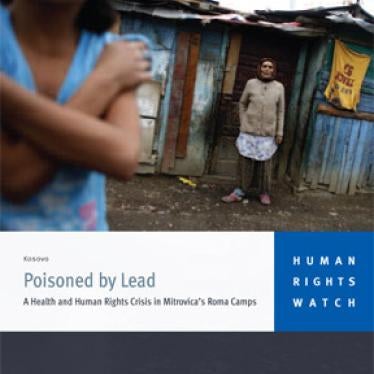When it comes to Kosovo, EU states seem to agree on one thing - that it is time for those who fled war and persecution to go home. In the 30 months to July 2009, western Europe deported 14,862 Kosovars. This consensus seems driven more by domestic concerns than the situation in Kosovo: arguably nowhere else in the Balkans is as dangerous for returnees - and those at greatest risk are the Roma.
The United Nations high commissioner for refugees (UNHCR) has recommended not returning Roma to areas largely populated by Kosovar Albanians, and for good reason. In many areas, inter-communal tensions appear to be rising, with Roma being attacked and harassed in previously peaceful areas.
The ‘powder keg' area of Mitrovica remains tense, with the Roma fearful they may become ‘collateral damage' in the frequent security incidents between the Albanian and Serb communities. A lack of trust in the authorities means Roma generally do not report incidents.
This insecurity has not prevented Roma being deported. Nor has the ambiguity of Kosovo's international status, even though this uncertainty has prevented a re-admission agreement with the EU. Until November 2008, the UN Mission in Kosovo (Unmik) assessed the risks to potential forced returnees, but the UNHCR says 107 "mistakes" were made between January 2007 and July 2009, affecting Roma mainly.
In addition, the absence of reintegration schemes leaves returnees heavily reliant on Roma communities, putting strain on Kosovo's poorest and most economically marginalised ethnic group. Common problems facing returnees include housing shortages, poverty, and lack of access to employment and education (many returnees' children often no longer speak Albanian).
These problems are well-known, but the Kosovar authorities, which have managed the returns process since November 2008, nonetheless want to increase the number of returnees to 5,000 a year.
They should instead focus on giving returnees practical help; the authorities lack mechanisms even to provide essential documents. In the interim, EU states negotiating bilateral agreements to return Roma should exercise self-restraint and abide by the UNHCR's guidelines.
Kosovo is perhaps the EU's centrepiece operation: both an EU rule-of-law mission and the European Commission play an active part in Kosovo. The EU's commitment should be measured by its willingness to protect the most vulnerable.







